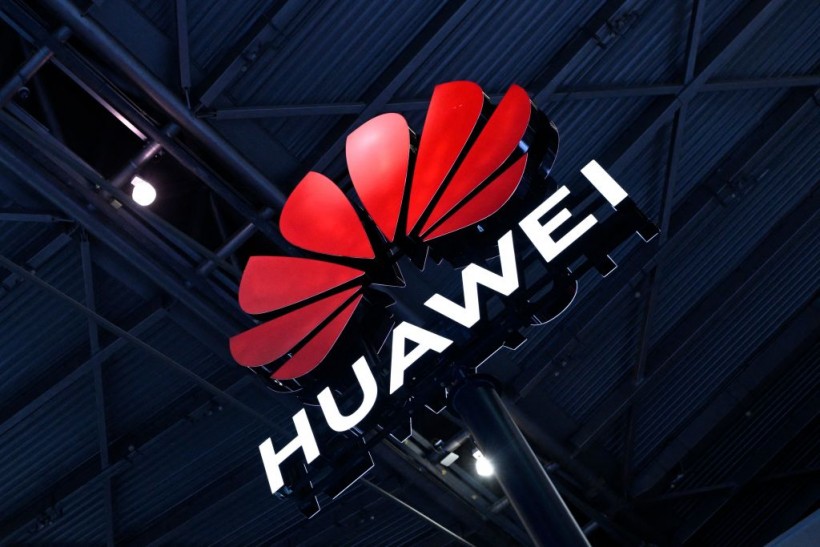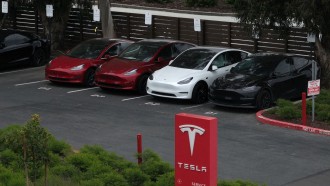 Photo by WANG ZHAO/AFP via Getty Images
Photo by WANG ZHAO/AFP via Getty Images
Germany's interior ministry is set to impose harsh regulations requiring telecom providers to dramatically limit their reliance on Huawei and ZTE equipment in their 5G networks.
This decision comes amidst growing concerns over national security and potential vulnerabilities in critical infrastructure.
However, the proposal has sparked a contentious debate within the country, with operators expressing their reservations and Huawei vehemently rejecting what they deem as the "politicization" of cybersecurity.
The Staggered Approach
The heart of this plan revolves around a meticulously planned staggered approach.
Reuters tells us that by 2026, telecom operators are expected to eliminate all critical components from Chinese vendors in their 5G core networks.
Additionally, there is a requirement to diminish the share of Chinese components in Radio Access Networks (RAN) and transport networks to a maximum of 25% by October 1, 2026.
The rationale behind this gradual phase-out is to avoid excessive disruption to network services while maintaining cybersecurity standards.
Operator Backlash
Unsurprisingly, this ambitious timeline has been met with pushback from telecom operators, including Deutsche Telekom and Telefonica Deutschland.
Bloomberg reports that operators argue that the 2026 deadline is unrealistic and could potentially lead to a drop in the quality of service, creating frustration for customers.
Deutsche Telekom even likened the situation to the drawn-out attempts by the UK to impose restrictions on Huawei.
Huawei's Strong Rebuttal
Huawei Germany has emerged as a vocal critic of the proposed regulations, accusing Germany of politicizing cybersecurity.
In an official statement, the company expressed concerns that such an approach would hinder Germany's digital transformation and increase operational costs for network operators, which would inevitably be passed on to consumers.
Huawei stands firm in its assertion that its equipment poses no security risk.
A survey conducted by telecommunications consultancy Strand Consult paints a clear picture of Germany's current dependency on Huawei, with the Chinese tech giant accounting for a 59% share of the country's 5G RAN networks.
However, the designation of sensitive regions like Berlin as off-limits for Chinese tech has raised eyebrows, with critics considering it an arbitrary distinction.
Read Also: Huawei CEO Confirmed "Apple Fan," Takes Stance Against Xenophobia
Internal Government Struggles
As Germany grapples with its Huawei dilemma, internal government struggles have emerged.
The Ministry for Digital Affairs has expressed concerns that the proposed regulations may hinder the country's already slow progress in digitalization.
Ensuring stable, quick, and affordable mobile internet access is paramount for this ministry, leading to a potential roadblock in implementing the plan.
EU's Security Measures
Germany's hesitance in implementing the European Union's security measures for 5G networks, aimed at curbing the use of "high-risk" vendors like Huawei and ZTE, underscores the complexity of the situation.
This reluctance coincides with Germany's shifting stance on China, as it seeks to reduce dependencies on individual countries following the energy crisis prompted by reliance on Russian gas.
Stay posted here at Tech Times.
Related Article: Can Huawei Mass Produce Advanced Phone Chips Amid US Sanctions? Here's What the Evidence Reveals






